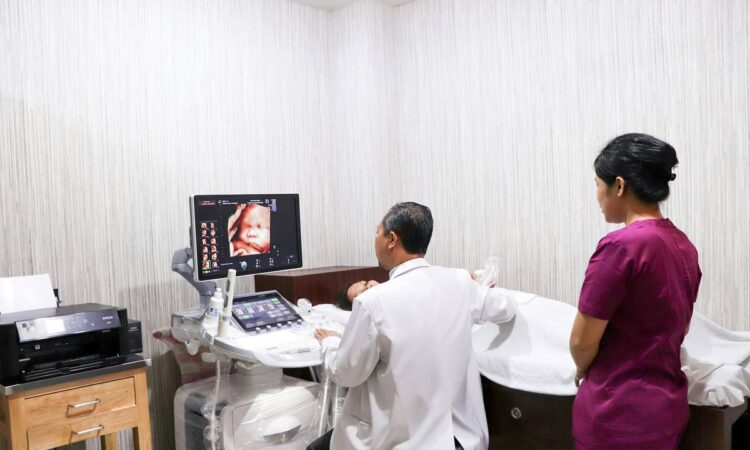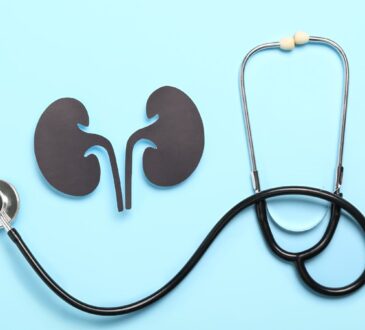Obstetricians And Gynecologists: Allies In The Fight Against Ovarian Cancer

Ovarian cancer is a serious threat to women’s health. Early detection saves lives, and obstetricians and gynecologists play a key role. Working together, they provide essential screenings and treatments. When we think of caregivers, the image of a Trusted Women’s Health Center often comes to mind. These centers are lifelines, offering expert care and guidance. By recognizing symptoms and risk factors, obstetricians and gynecologists become vital allies in this fight.
The Importance of Early Detection
Early detection is crucial in managing ovarian cancer. Symptoms often go unnoticed until the disease reaches an advanced stage. Obstetricians and gynecologists can identify these early signs. Regular check-ups can make a significant difference. They offer pelvic exams and imaging tests. These tests help in spotting any irregularities early.
According to the National Cancer Institute, early-stage ovarian cancer has a better prognosis. Gynecologists can guide through risk assessments. They look for family history and genetic factors. Understanding these risks allows for better monitoring and prevention.
Screening Methods and Obstetrician’s Role
There is no simple test for ovarian cancer. Pap smears do not detect it. Instead, doctors use a combination of methods. These include pelvic exams and transvaginal ultrasounds. Blood tests like CA-125 help in assessment, though not always reliable for screening alone.
Obstetricians and gynecologists are trained in these screening methods. Their expertise helps in determining the best approach. Each patient is different, and personalized care makes the process effective. Regular visits ensure that any changes are caught early.
Comparing Screening Options
| Screening Method | Purpose | Limitations |
|---|---|---|
| Pelvic Exam | Detects abnormalities in the ovaries | May not detect early-stage cancer |
| Transvaginal Ultrasound | Visualizes the ovaries and fallopian tubes | Cannot always differentiate between benign and malignant tumors |
| CA-125 Blood Test | Measures a protein often found in higher levels of ovarian cancer | Not specific enough for screening; elevated in other conditions |
Support Beyond Diagnosis
Gynecologists provide more than medical screening. They offer emotional support and guidance after diagnosis. Understanding treatment options can be overwhelming. Doctors explain choices and help in decision-making. Whether it’s surgery, chemotherapy, or targeted therapy, having a knowledgeable ally matters.
Education on lifestyle changes and supportive therapies is also part of their role. They guide on nutrition, exercise, and stress management. All these contribute to better health outcomes. An informed patient is an empowered patient.
Teamwork in Healthcare
Obstetricians and gynecologists work with other specialists. Oncologists, surgeons, and radiologists form a comprehensive care team. Their combined expertise ensures thorough treatment. Collaborative care models have improved patient outcomes.
The U.S. Department of Health & Human Services highlights the importance of teamwork in healthcare. With coordinated efforts, the chances of successful treatment increase. Patients receive the care they need, tailored to their specific situation.
Conclusion
Ovarian cancer is a challenging diagnosis. With the right support, managing it becomes less daunting. Obstetricians and gynecologists play an integral part. From screenings to emotional support, they provide comprehensive care. Trust in their expertise is well-founded.
Regular check-ups and open communication with healthcare providers enhance early detection. Understanding risk factors can save lives. Obstetricians and gynecologists are allies in this ongoing fight, committed to women’s health and well-being.










